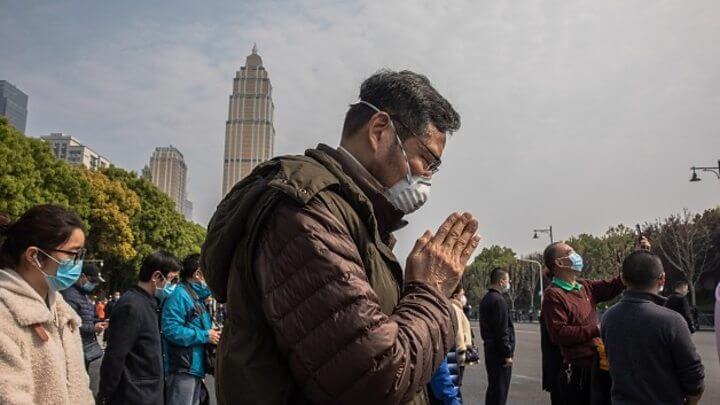South Korean scientists have concluded that Covid-19 patients can not be infected with the novel coronavirus again after hundreds of people in the country had again tested positive for the virus following last month’s recovery.
A “South Korean expert panel concluded, according to the Independent, that dead-virus fragments were the probable cause of more than 290 people in the country checking for coronavirus positive after recovery.”
“The tests detected dead-virus ribonucleic acid,” according to Korea Herald, Dr. Oh Myoung-don, a doctor at the Seoul National University Hospital.
“PCR testing that amplifies the genetics of the virus is used to study Covid-19 in South Korea, and relapse cases are attributed to the technological limitations of PCR testing,” quoted as saying.
Explaining the technological shortcomings of a polymerase chain reaction (PCR) test, he said the test could lead to false positives as the test itself can not establish if the virus identified in the body of an infected individual is dead or alive.
Dr. Oh added that for up to two months, a patient who has healed from coronavirus can have remnants of the virus within their body.
Last month, South Korean health officials announced that they were investigating multiple potential reasons for an increasing number of recovered coronavirus patients who later again tested positive for the virus.
Experts have said that reinfection, a relapse, or contradictory results are among the key possibilities.
In South Korea, patients are deemed free of the virus when they have tested negative twice in a 48-hour period.
Although the PCR tests used in South Korea are usually considered reliable, experts have said for a limited number of cases there are ways in which they can produce incorrect or conflicting results.
“PCR results boast 95 percent accuracy. That means there can still be 2-5pc of those cases detected as false negative or false positive cases, “said Kim Jeong-ki, a virologist at the Korea University College of Pharmacy.
On the other hand, the tests can also be so responsive that they pick up low, potentially harmless amounts of the virus, leading to new positive outcomes even after the individual has recovered, Kwon Jun-wook, deputy director of Korea Disease Control and Prevention Centers, told a briefing last month.
Last month, the World Health Organization (WHO) warned that there is no evidence that people testing positive for the new coronavirus are immunized and protected from reinfection.
“At the moment there is no proof that people who have recovered from Covid-19 and had antibodies are being protected from a second infection,” WHO said in a statement.
“People who think they are resistant to a second infection because they have a positive test result can disregard advice from public health,” the WHO had said.

